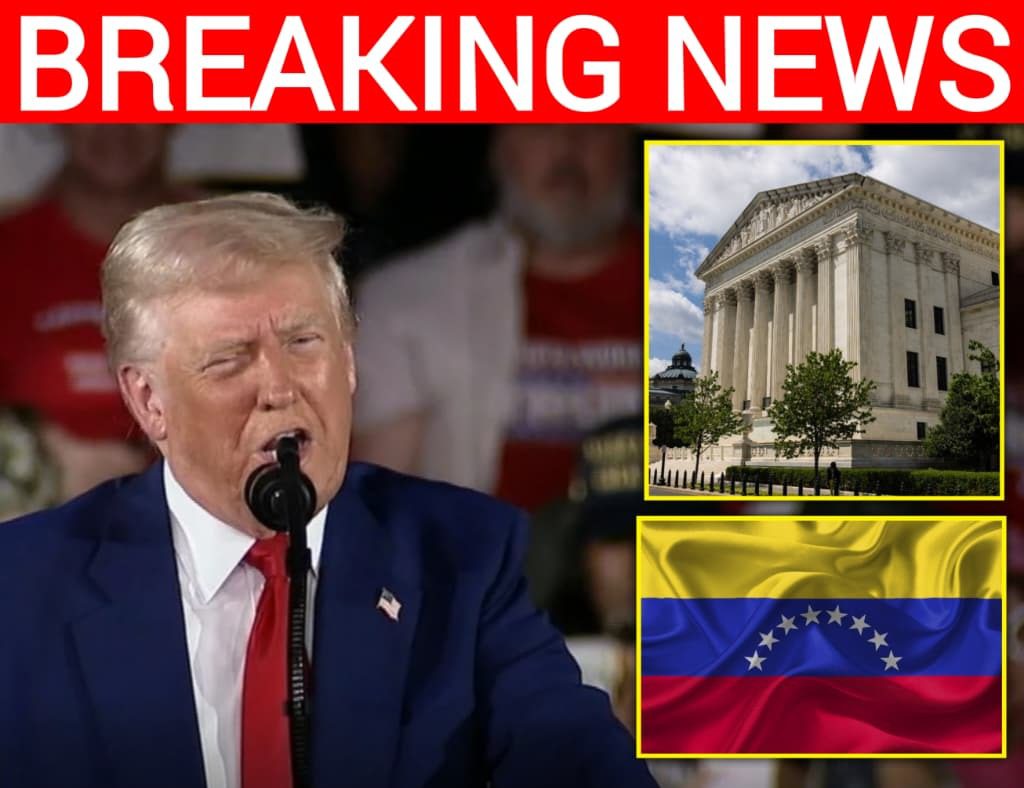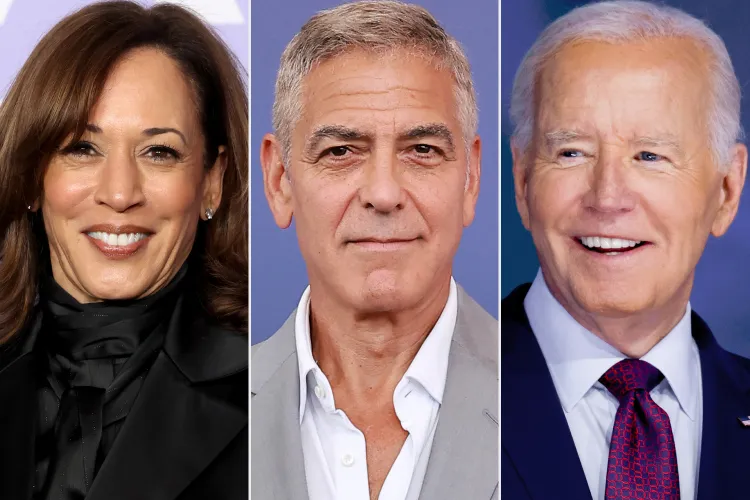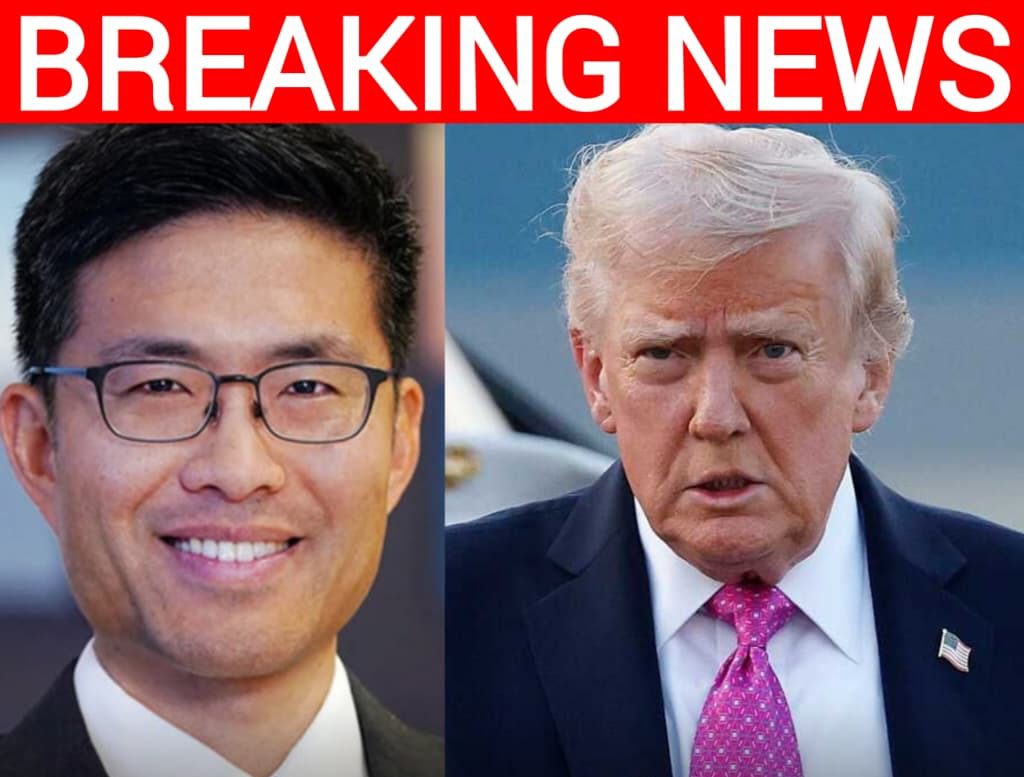SCOTUS Rules in Trump’s Favor, Allowing End of Deportation Protections for Over 300,000 Venezuelans Under Temporary Protected Status
The Supreme Court has handed down a ruling that could reshape immigration policy in America and alter the lives of hundreds of thousands of Venezuelans living in the country. On October 3, 2025, the Court sided with the Trump administration in its push to terminate Temporary Protected Status, also known as TPS, for Venezuelan migrants. The decision, which overturned a lower court’s block, paves the way for the administration to end deportation protections that have been in place since 2021.
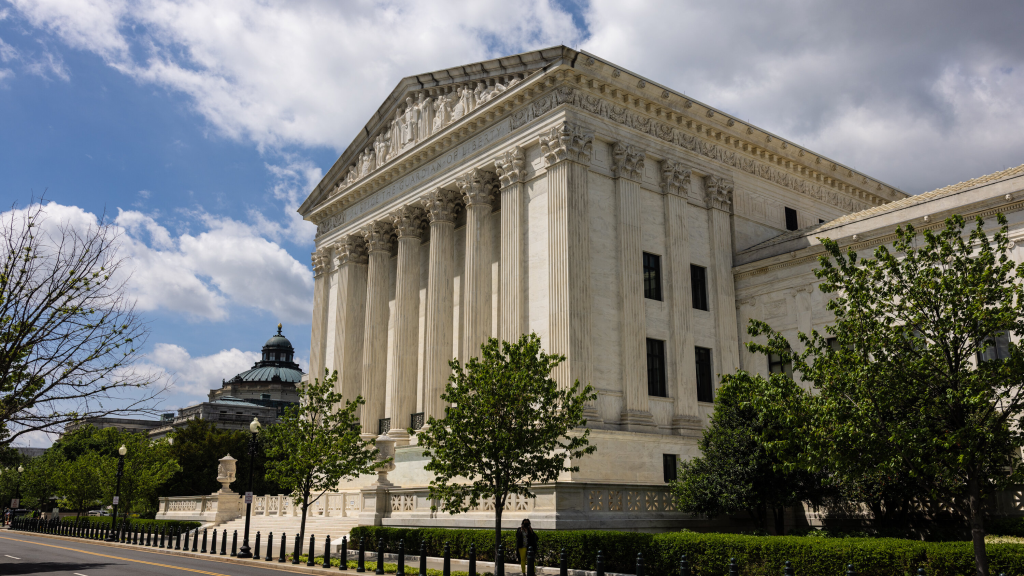
TPS was originally created in 1990 to provide deportation deferrals and work permits to foreign nationals whose home countries were considered unsafe due to crises such as wars, natural disasters, or political collapse. Venezuelans were first granted TPS in 2021, as their nation spiraled further into economic collapse and political turmoil. The program gave them legal permission to remain in the U.S. and work while their country faced conditions that made return dangerous. Today, more than 300,000 Venezuelans are shielded under the program, many of them building lives, raising families, and contributing to the workforce in communities across states like Florida, Texas, and New York.
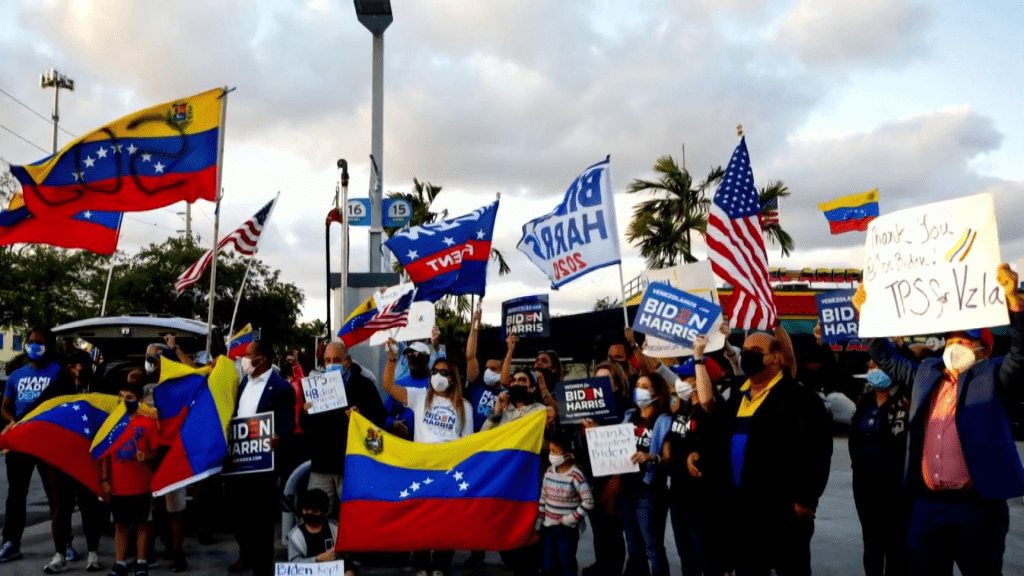
The Trump administration’s argument was rooted in executive authority, emphasizing that decisions regarding TPS fall under the president’s constitutional powers in foreign and immigration policy. Supporters view the Court’s ruling as a powerful affirmation of Article II, saying it secures the president’s right to determine who qualifies for temporary protection and when those protections should end. For conservatives, it represents a significant political win and the fulfillment of Trump’s campaign pledge to take a hard line on immigration enforcement.
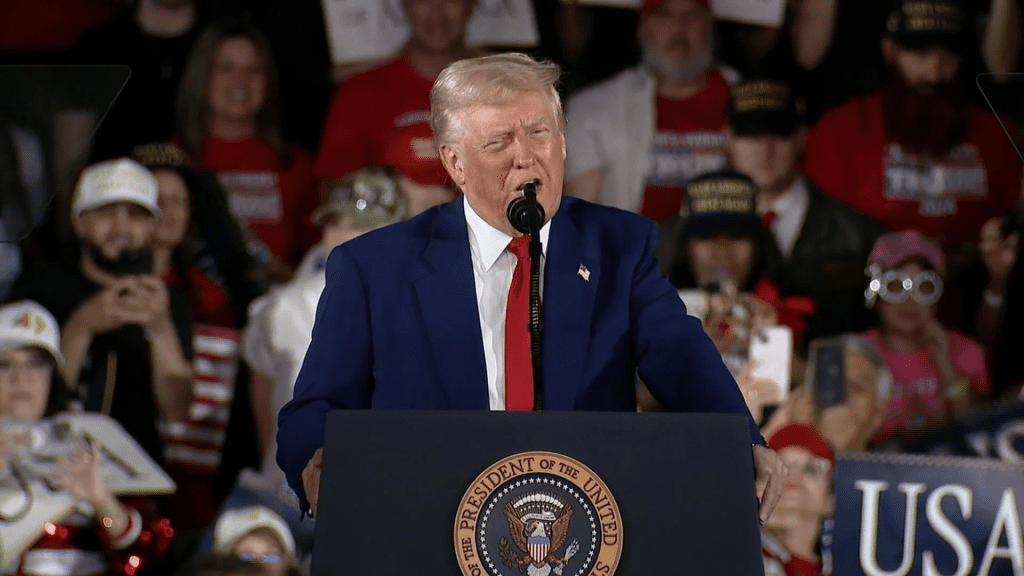
But for immigrant advocates and many of those directly affected, the ruling has triggered deep concern. Families who have spent years establishing stability now face the possibility of separation and forced return to a country still suffering from shortages, political unrest, and limited opportunities. Justice Sonia Sotomayor and Justice Ketanji Brown Jackson both dissented, with Sotomayor writing that the administration’s process for revoking TPS had procedural flaws and failed to fully consider humanitarian consequences. Their dissent echoes the concerns of advocacy groups who argue that mass deportations could destabilize communities and harm economies that rely on Venezuelan labor.
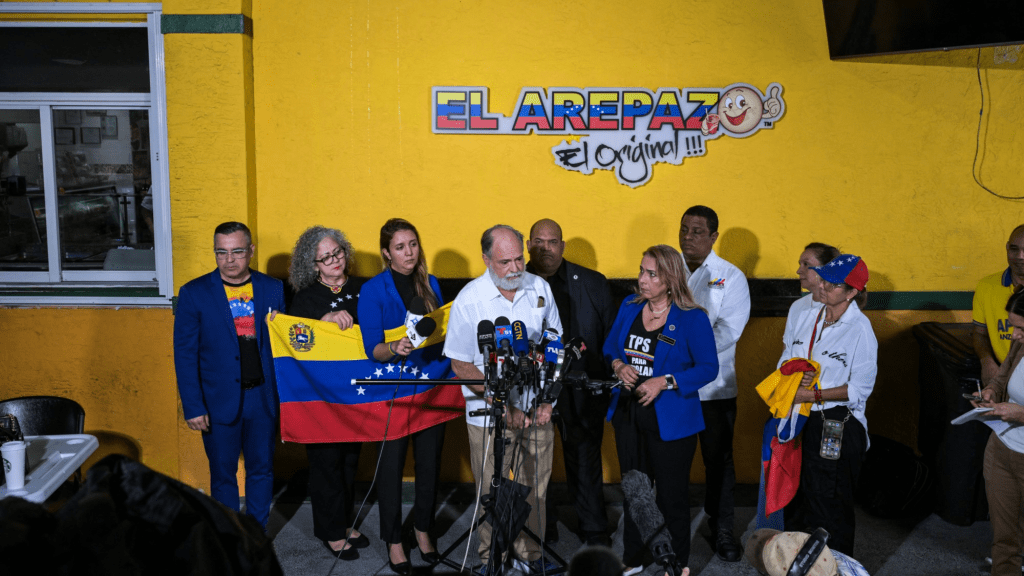
The human impact is hard to ignore. Across the U.S., Venezuelan TPS holders work in construction, hospitality, healthcare, and small businesses, filling critical gaps in industries already facing labor shortages. In states like Florida, where Venezuelan communities are vibrant and deeply rooted, the potential end of TPS carries both economic and social weight. Local economies could feel the loss just as families feel the shock of uprooted lives.

This is not the first time TPS has been at the center of political and legal battles. Similar debates have emerged over protections for citizens of El Salvador, Haiti, and Honduras. Each time, the tension between humanitarian relief and executive discretion has sparked legal challenges and emotional debates in Congress and the courts. With the Venezuelan decision, that tension is once again in full view, and the stakes are higher than ever given the scale of those affected.
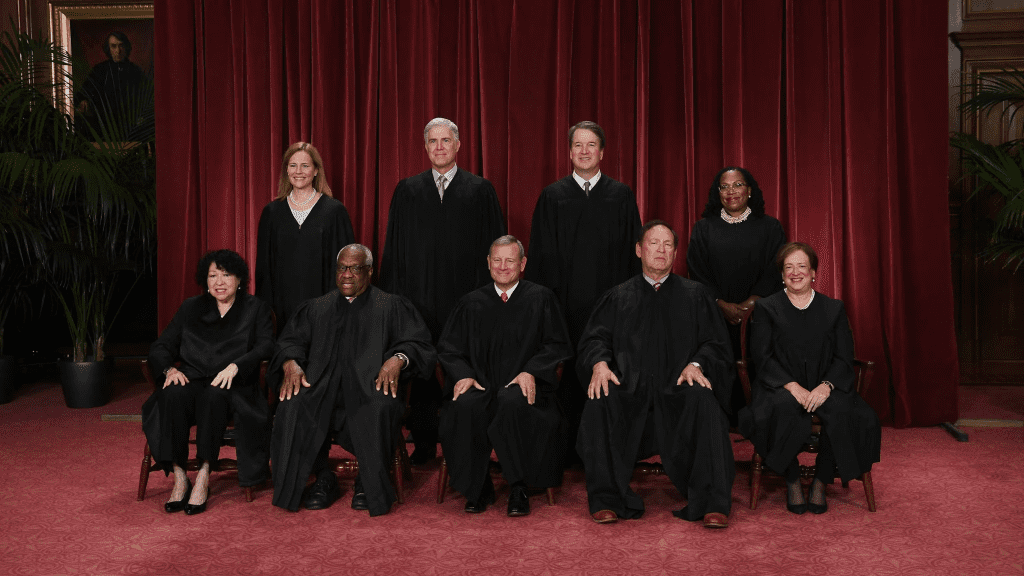
For now, the Trump administration has cleared the legal hurdle to move forward with its plan, though how quickly it will implement the termination of TPS remains to be seen. What is certain is that this ruling has set off a new chapter in America’s immigration story, one where the balance between presidential authority, humanitarian responsibility, and the lives of families hangs in the balance.
